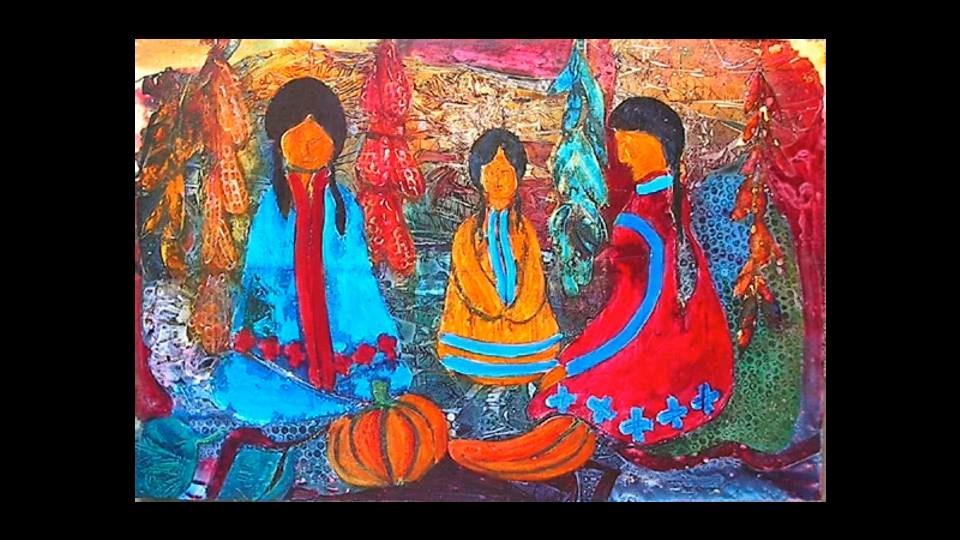A new digital platform is showcasing authentic First Nation art, with an eye on promoting creative works by Indigenous creators.
Biskane — loosely translated from the Ojibway for “igniting a fire” — is an initiative by artists Chad Solomon and Will Morin.
On the site, shoppers can browse through listings for traditional art, graphic novels, food, even source out Indigenous storytellers and guides for traditional workshops.
The energy driving Biskane, Morin said, is centred around bringing a community-focussed approach to selling art, and a “one-stop shop” for Indigenous work, while ensuring that communities benefit from the sales of their cultural efforts.
“One of the things that [Solomon] and I have in common is always about giving back,” Morin said. “That's the spirit of Biskane — as part of a Indigenous culture, what can we do, what can we bring back to the community?”
The key to developing that sense of trust and community, Morin said, will be to ensure that Indigenous creators reap the benefits of their work, something that should be a positive change for First Nations after years of appropriation.
“There's a lot about Indigenous culture that has become commodified, has been commercialized,” Morin said. “Where Indigenous culture has been mass produced in products in third-world countries for pennies on the dollar for individuals to make major profits. But none of it is seen by Indigenous peoples.
“The key is authentic identification for these ideas, these images, these symbols, these crafts, like moccasins, dreamcatchers, and so forth.”
Other platforms like Etsy have already harnessed the power of the digital world, becoming a site visitors can browse to find their next piece of custom art. As far as he knows, Morin said, Biskane could be the first marketplace in North America that prioritizes Indigenous art.
That alone sets it apart from its commerce-driven competitors.
“The standard would be volume, revenue, and public awareness,” Morin said. “But our success is artists within communities across Canada and the United States having sovereignty, individual autonomy, financial sovereignty, individual autonomy.
“That's the key, because it brings it back to the primary message behind Biskane, and the point about sharing and helping others.
“It’s a fundamental value, because it's not the ‘me’, it's the ‘we.’”
So far, the site has showcased hundreds of items, running the gamut from handmade moccasins to graphic novels.
And artists are seeing the potential of reaching a larger audience.
Gordon Miller, an author and visual artist from Mattagami First Nation, said he was impressed when he was introduced to the new platform.
“When I saw Biskane, I thought this is ideal,” Miller said. “It's good. Not only for me, but for all the other Indigenous artists who are trying to sell their work. Hopefully, it'll become a popular site.”
Miller, who recently published a memoir titled Lost Boy from a Line of Heroes, detailing his youth in Gogama, generally relies on his publisher to help market and circulate his books.
But he admits “they can only do so much.”
“Selling books, as you probably know, is difficult,” Miller said. “So you need all the help you can get.”
That’s where Biskane can help expose creative works like Miller’s to a wider audience.
